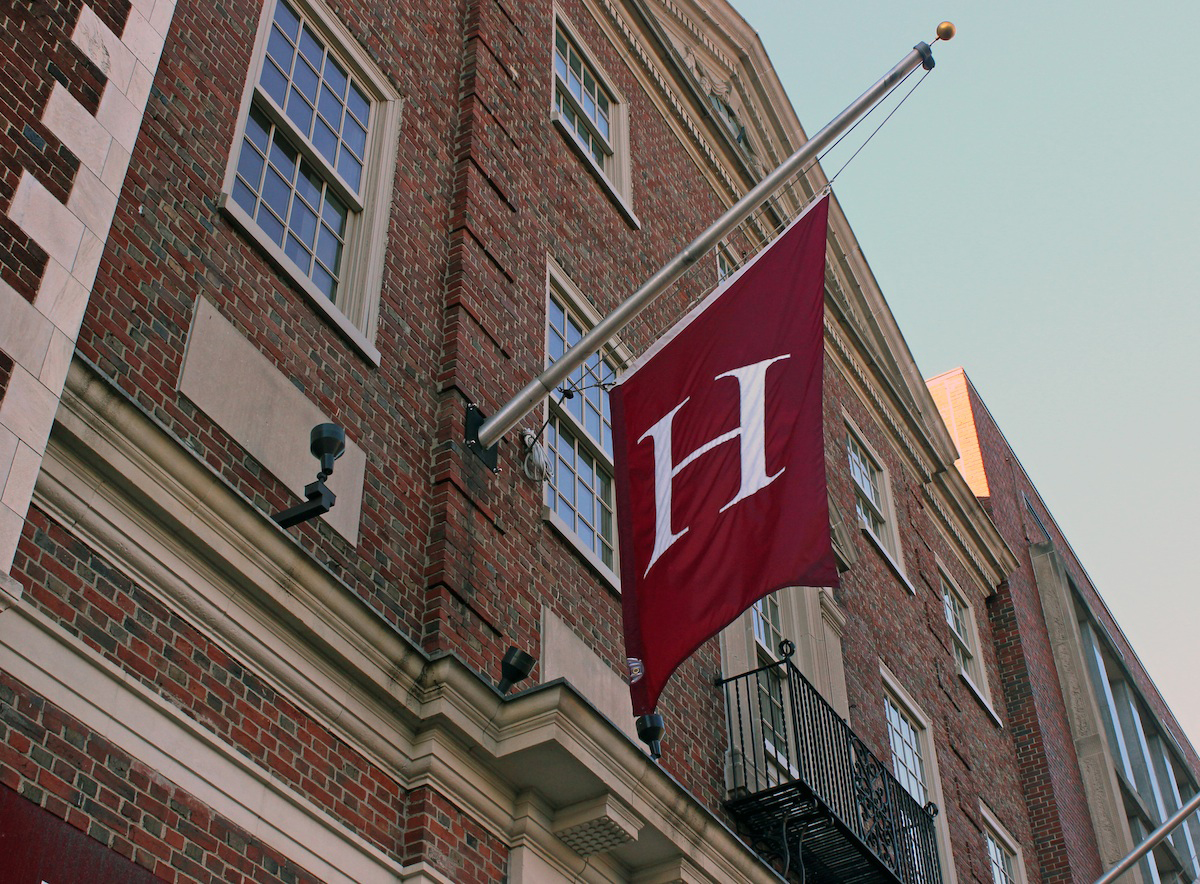Committee Rolls Back Suggestion to Ban Harvard Social Clubs

Photo by Olga Khvan
The experimental petri dish that is Harvard’s social scene is being tinkered with again.
The committee that recommended a ban on the school’s final clubs, fraternities, and sororities in July has come back with a new report hedging that suggestion. Rather than eliminating the organizations outright, the committee’s new report presents three ideas for the future: phase out unrecognized single-gender social groups by 2022; continue the 2016 policy of barring students who are members of unrecognized single-gender social groups from holding leadership positions elsewhere on campus; or consider a set of “other possible solutions,” including creating alternative social spaces and leveraging the Cambridge Police Department to hold the groups accountable for illicit behavior.
Faculty members will consider the report’s suggestions at a meeting on Tuesday, and President Drew Faust will release the final verdict.
The clubs’ supporters emphasize the community-building aspects of the organizations, which the committee reports inspire “strong feelings of loyalty, camaraderie, and pride in being connected with centuries of tradition.”
Opponents of the social clubs claim the organizations exacerbate divisions within the student body and contribute to a culture of sexual assault and alcohol abuse. The all-male clubs also create an immediate social hierarchy and cultivate dangerous gender dynamics, with strict rules banning women from the clubs, and their attendant networking and career opportunities.
Despite the fact that the committee failed to reach a consensus on how to move forward, the members say they are united in the need for action.
“There is widespread agreement that the current practices of most, or many of the [unrecognized single-gender organizations] are broadly damaging the social life of the campus and putting the health and well-being of Harvard students at risk,” the committee wrote. “Taking no action is untenable.”
The committee itself has been mired in controversy and received swift backlash following its recommendation to ban the clubs. According to The Harvard Crimson, even among the voting board, the outright ban was not the most popular course of action, and just 22 percent of the 27-person committee that voted on the social club issue was composed of students. On top of that, the majority of students who voted in a campus-wide election last fall supported a rollback of sanctions against the social groups, not a harsher punishment.


